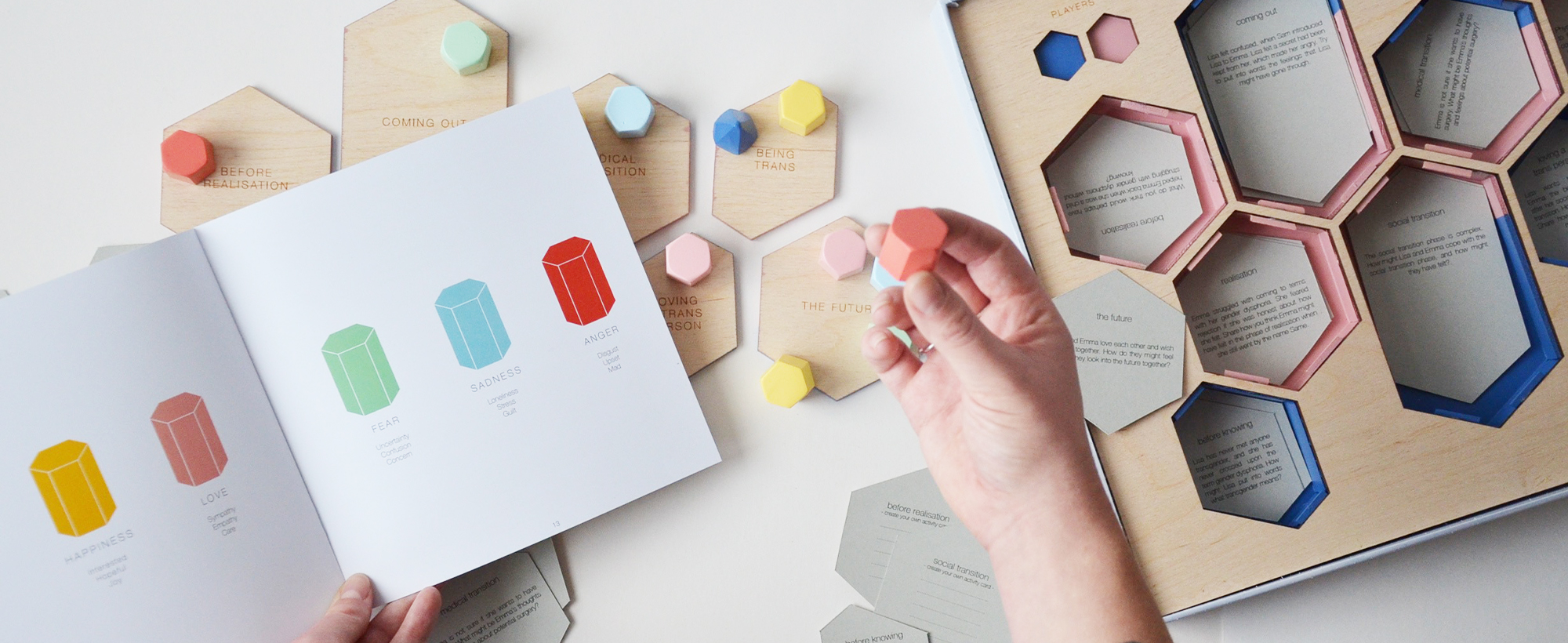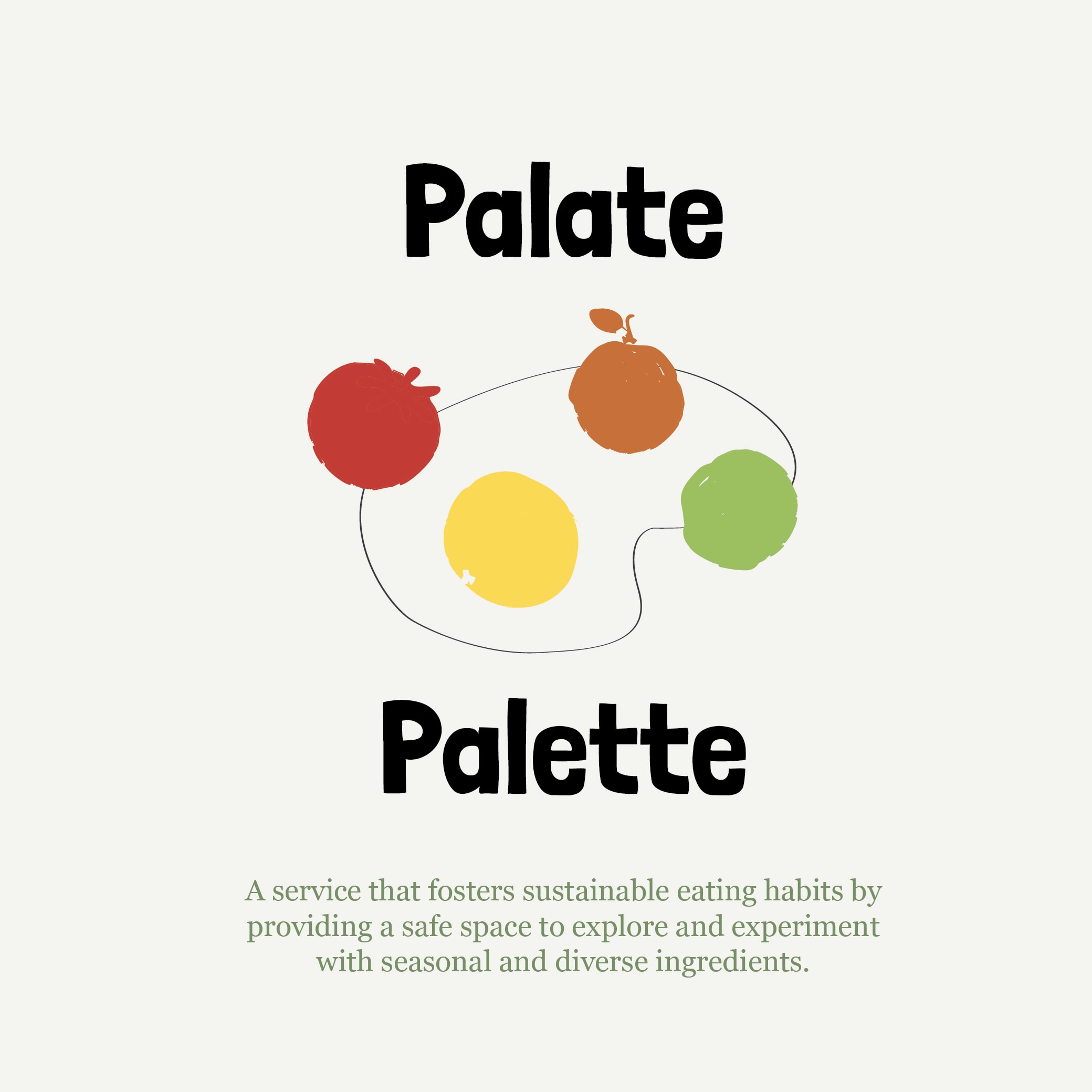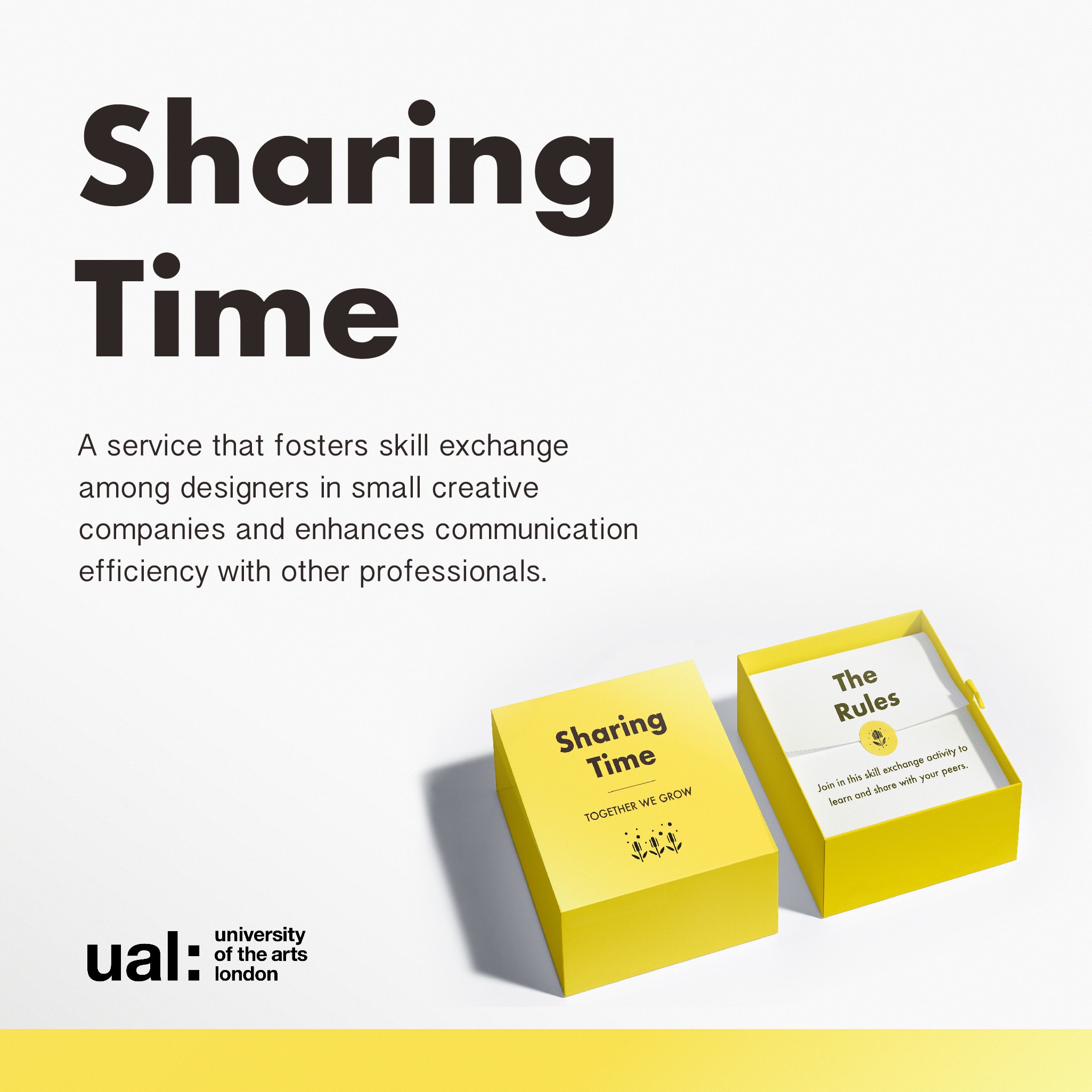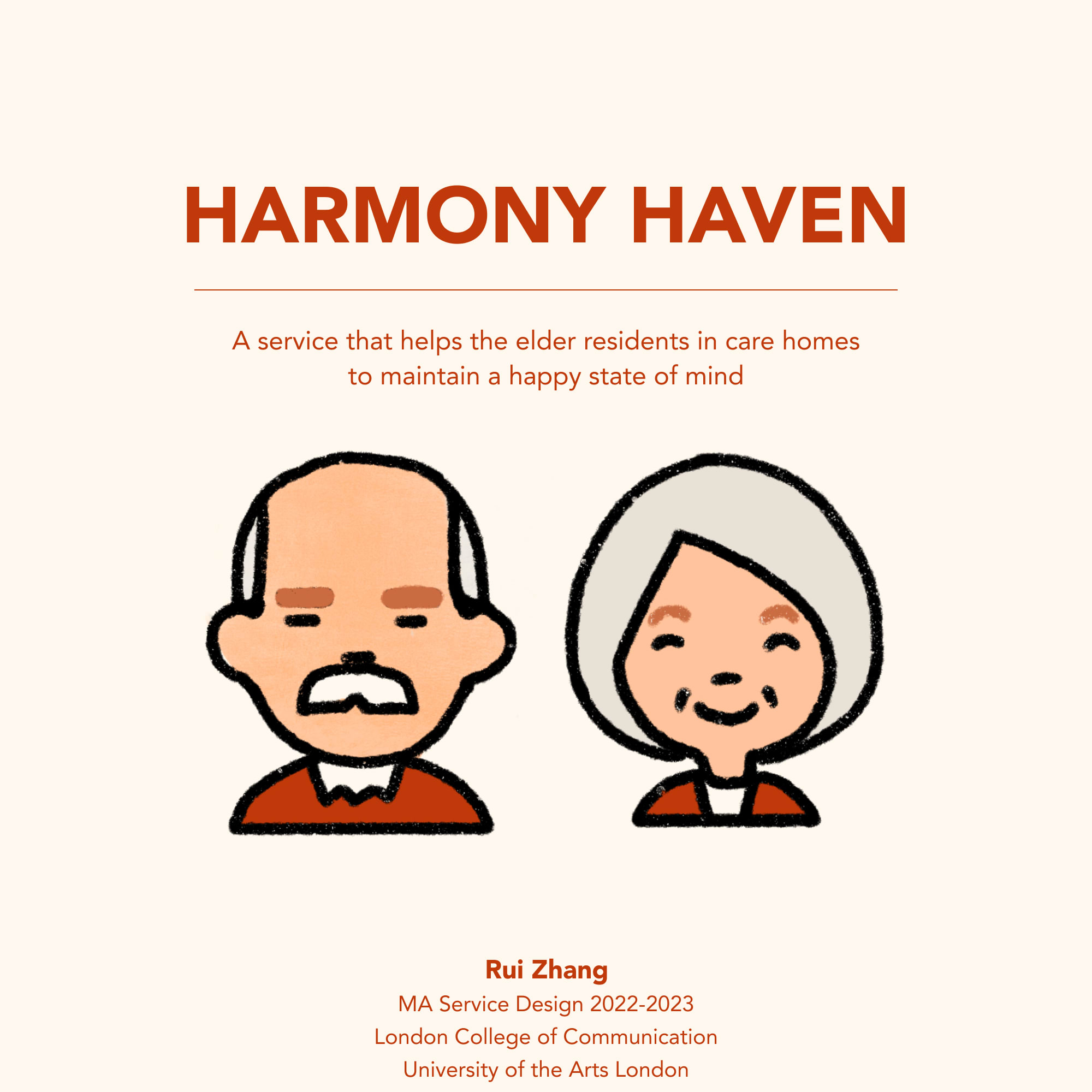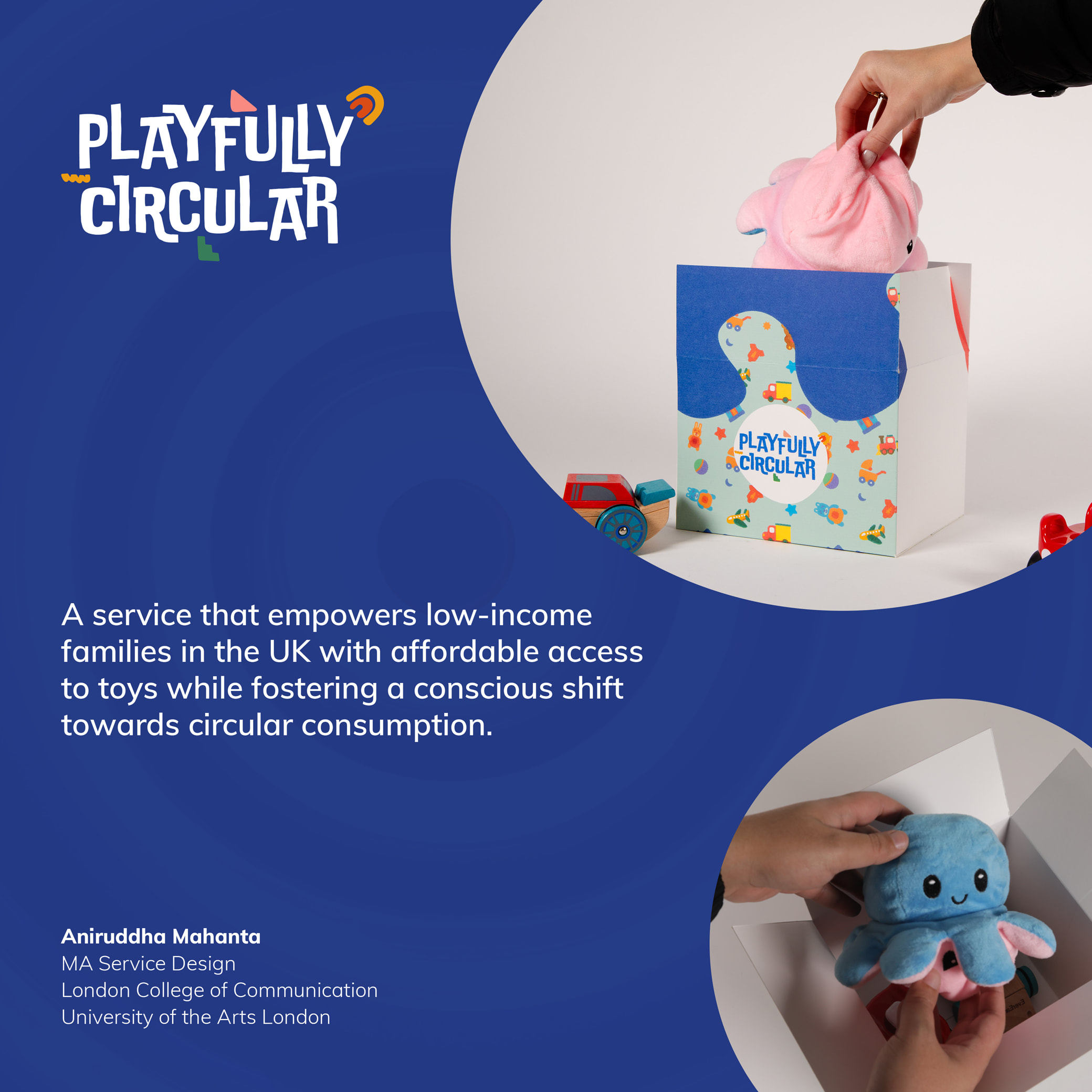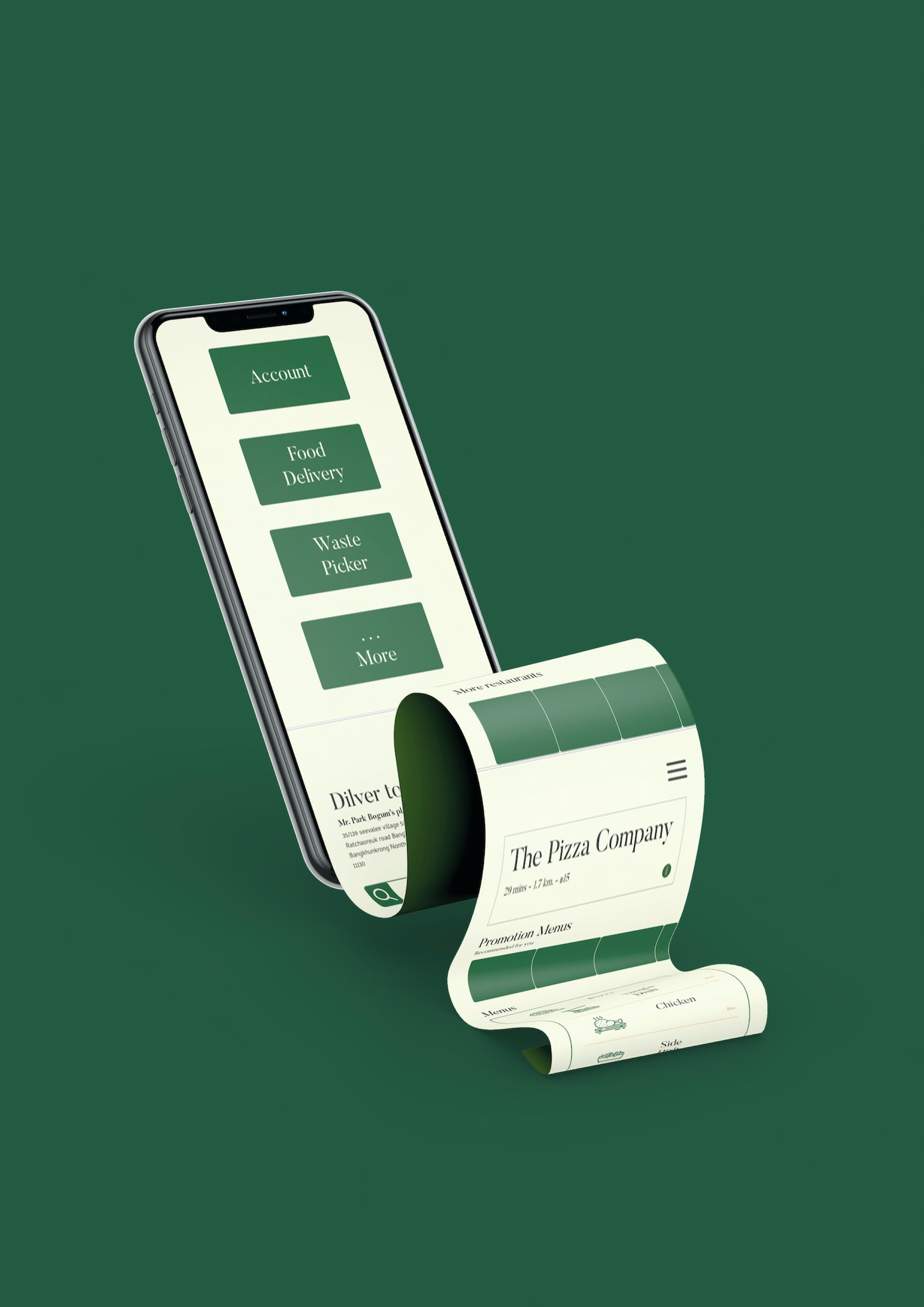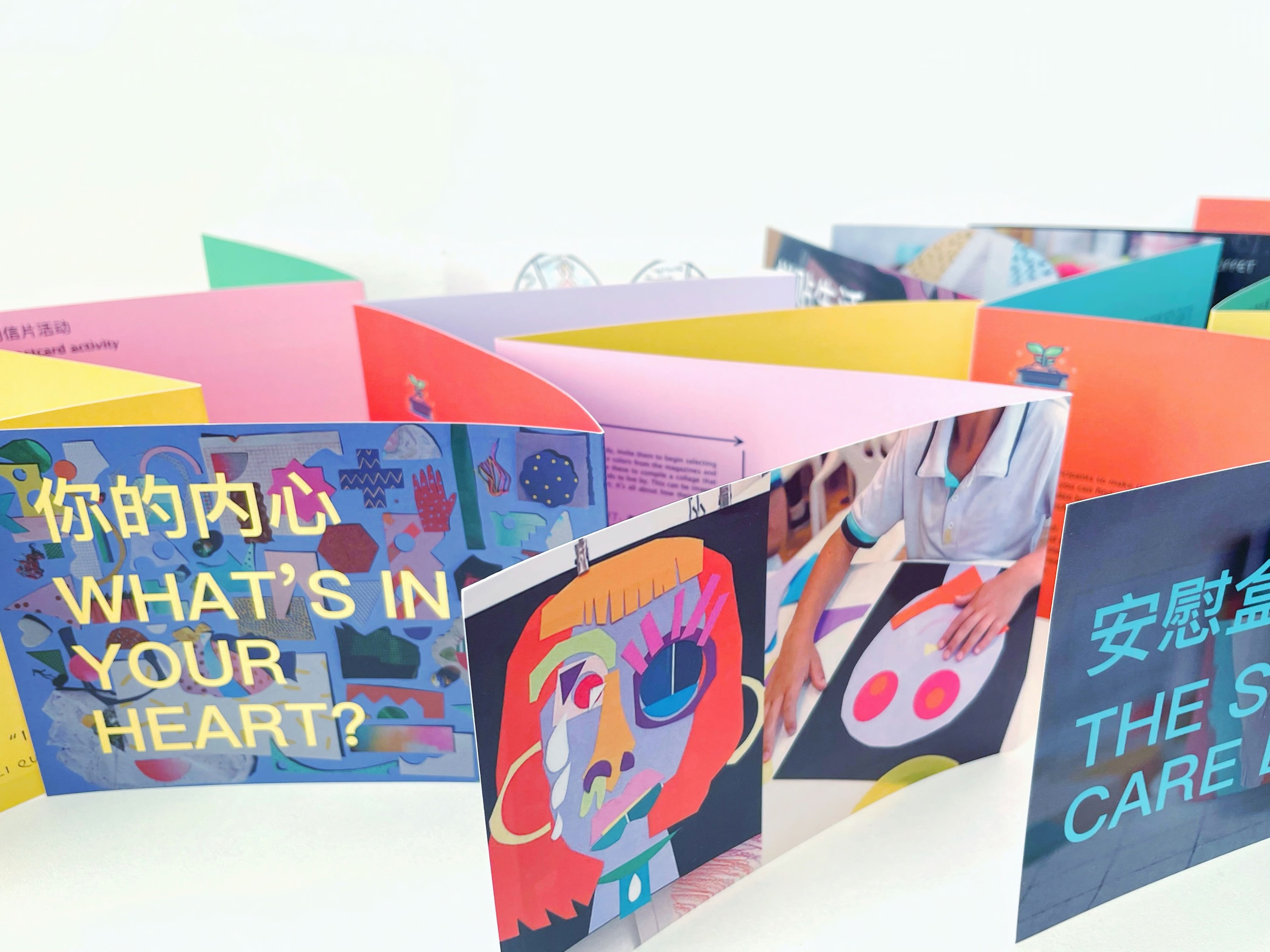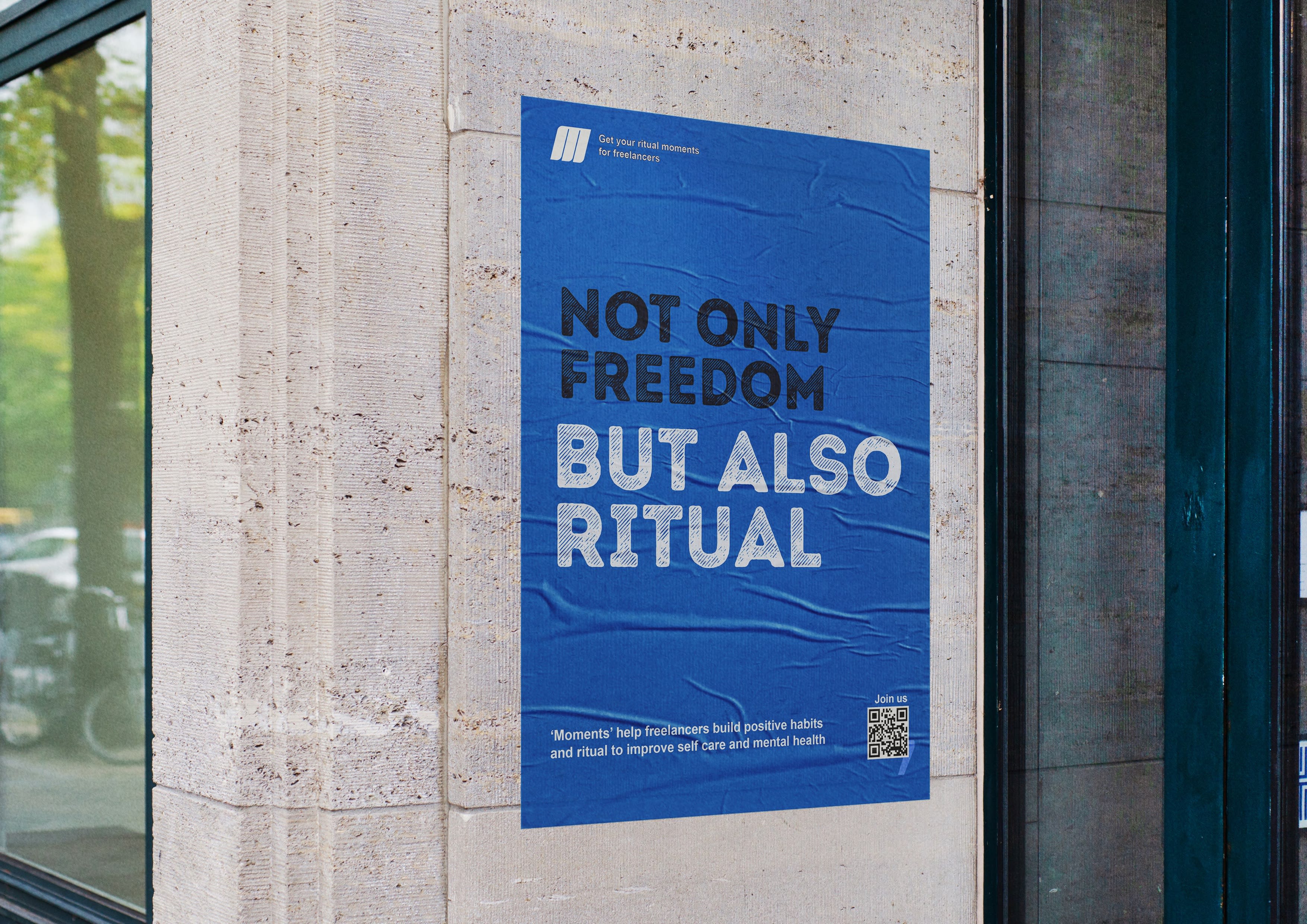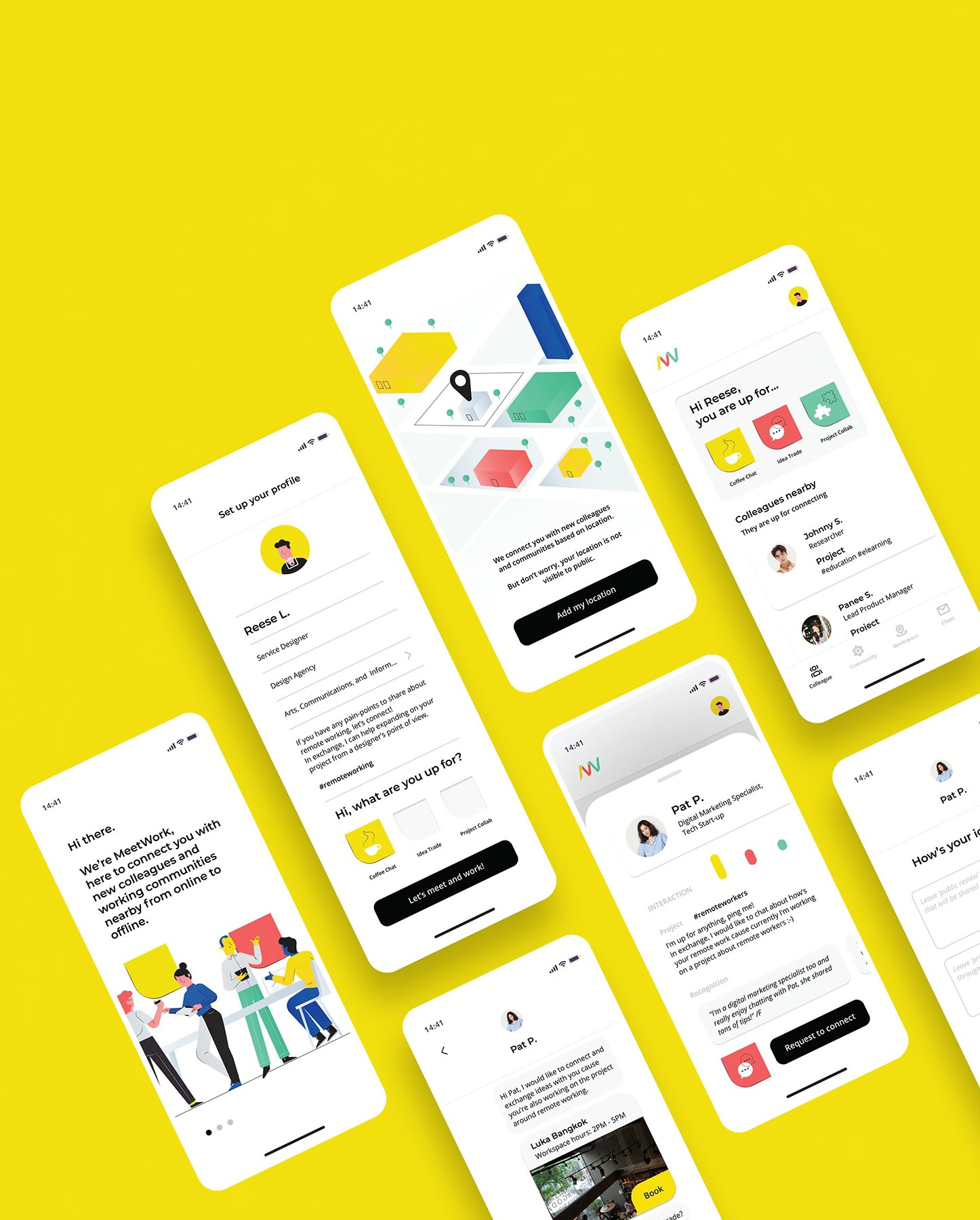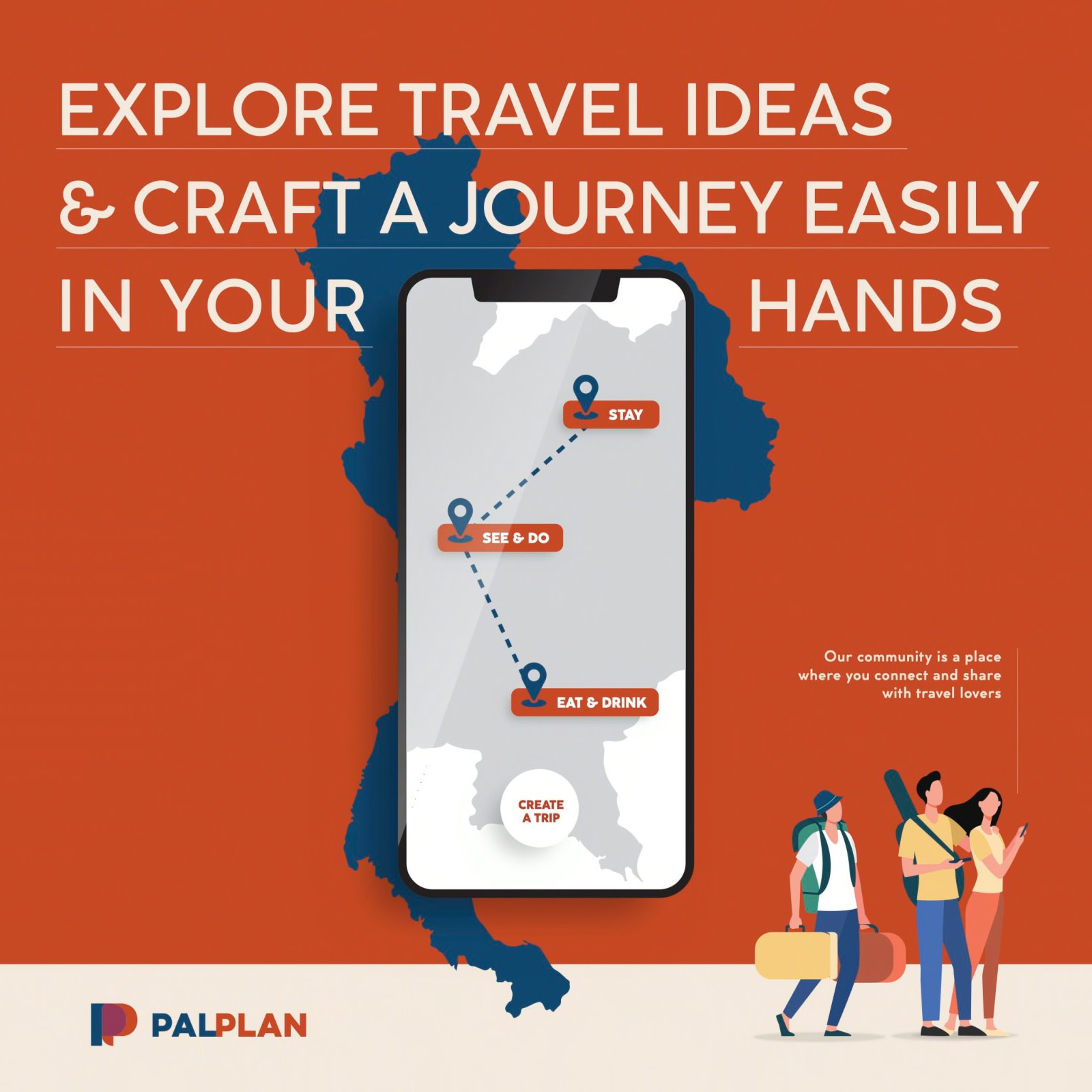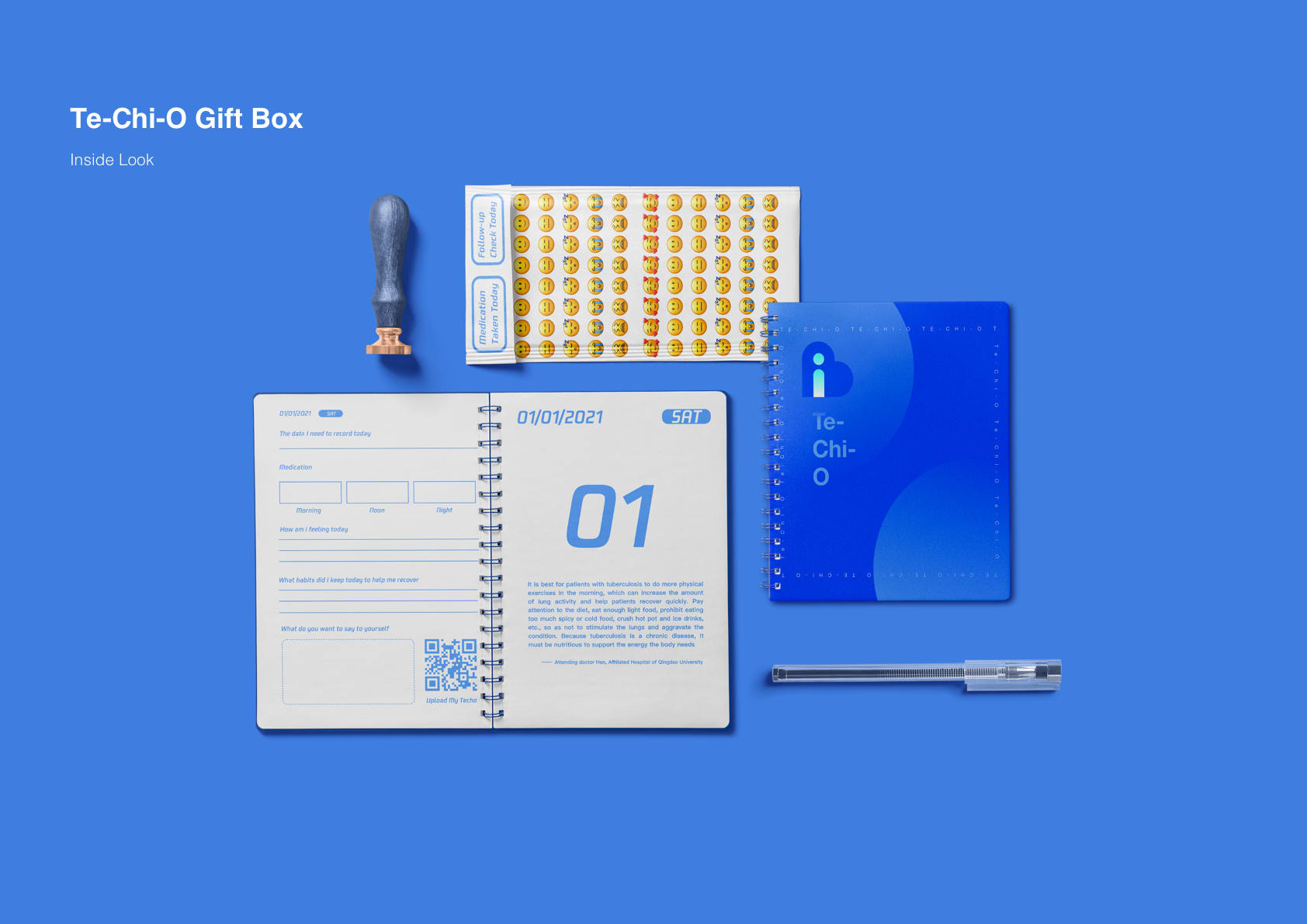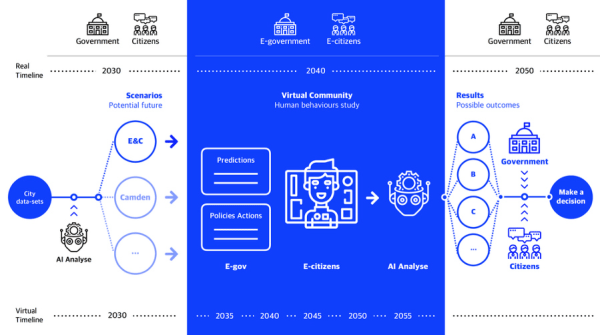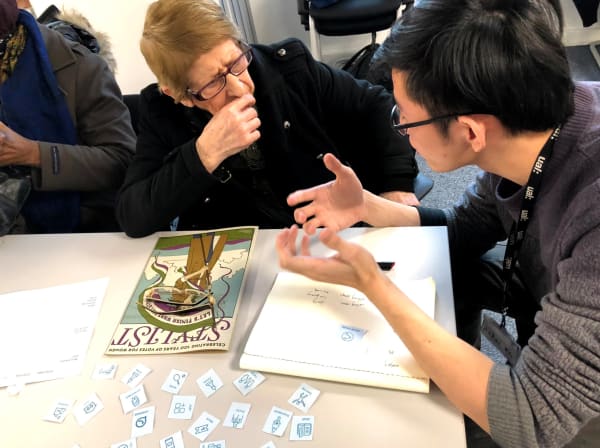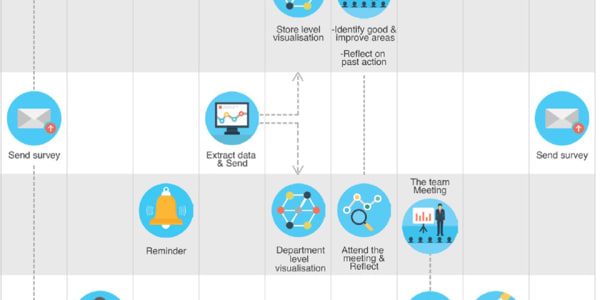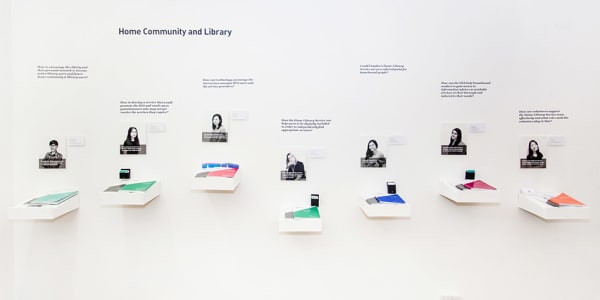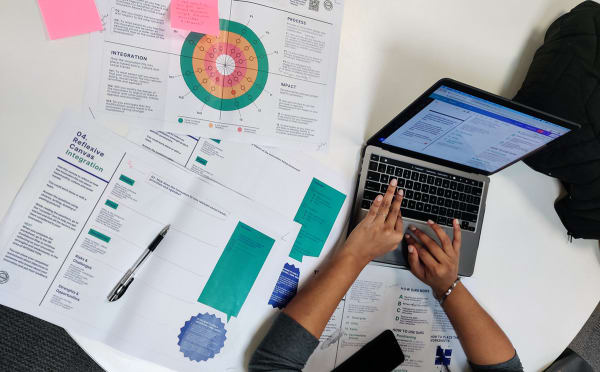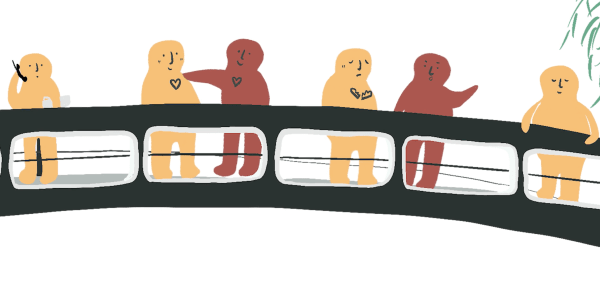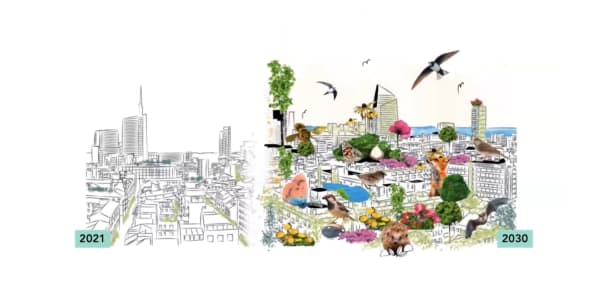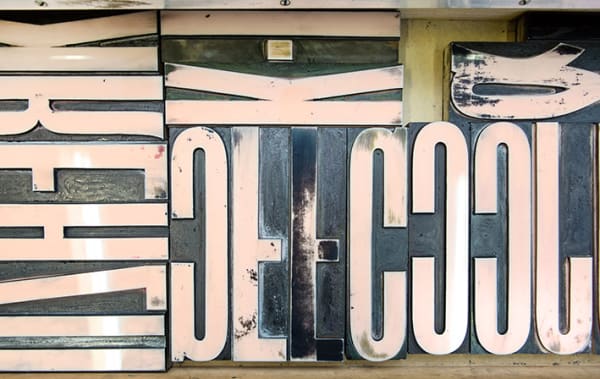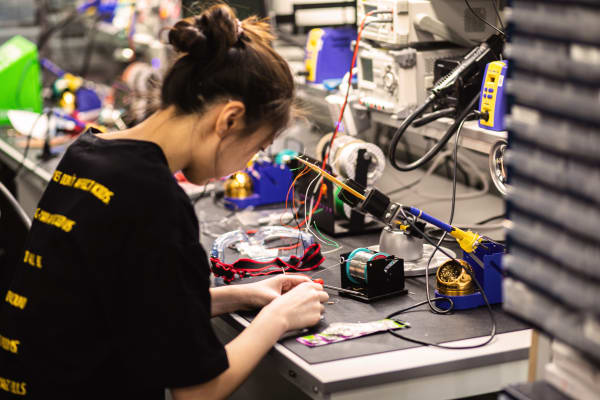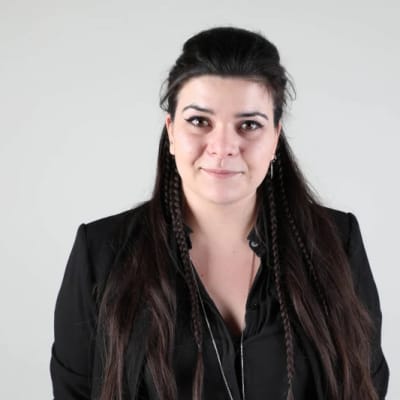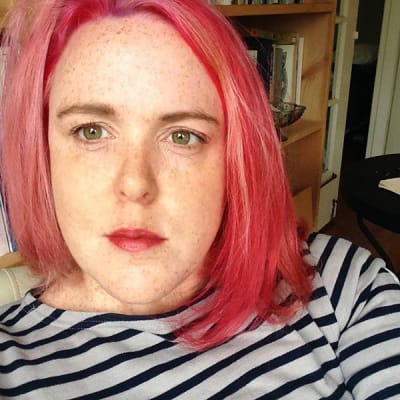Course units
We are committed to ensuring that your skills are set within an ethical framework, and we have worked to embed UAL’s Principles for Climate, Racial and Social Justice Principles into the curriculum and in everything we do.
As part of this initiative, we’ve shaped our courses around social and environmental sustainability principles that ensure learning outcomes reflect the urgent need to equip you with the understanding, skills, and values to foster a more sustainable planet. Our aim is to change the way our students think, and to empower you to work towards a sustainable future.
Autumn, Term 1
User-Centred Project (40 credits)
Ways of Working (20 credits)
Term one will give you a detailed knowledge of core theory and skills in service design, collaboration and team-work, research methods and design innovation. You will be engaged in live projects working in groups and with stakeholders. You will also reflect on your practice and engage with the ethics of your project. You will use the skills and knowledge obtained to articulate design ideas, observations and solutions creatively, as well as demonstrate rigour and critical evaluation in your work. This term has a user focus and projects are based in the present or in the near future.
Spring, Term 2
User-Centred Project (continued)
Design Futures (20 credits)
Collaborative Unit (20 credits)
Term two will give you a critical view of the role of the designer in society. In Collaborative Unit you will work on larger system-level projects in multidisciplinary teams, and you will be able to apply your design thinking strategically to add value in new and challenging contexts. In Design Futures you will explore experimental methodologies for addressing futures, using speculative design and research-through-design. This term has a systems focus and projects are situated in the future in terms of outcomes or impact.
Summer, Term 3
Design Futures (continued)
Proposal Development (20 credits)
Major Project (60 credits)
Term Three builds on the knowledge and skills you have acquired and you will be encouraged to explore and gain expertise in your own area of interest, and apply this to the creation of an original design research project. You will develop your major project proposal on the basis of extensive research, investigation and a firm methodological approach.
Autumn, Term 4
Major Project (continued)
In Term Four you will continue with the development and production of your Final Major Project, where you will explore the context of the project, engage with stakeholders and run co-design sessions, identify key issues, design innovative services, and test your design outcomes. You will be encouraged to present your project through presentations, exhibitions, and design outputs in a variety of physical and digital media. You will be guided to appropriate research discourses, research methodologies, materials and media through which you can effectively communicate your ideas.
If you are unable to continue or decide to exit the course, there is a possible exit award. A Postgraduate Certificate will be awarded on successful completion of 60 credits, and a Postgraduate Diploma will be awarded on successful completion of the first 120 credits.
